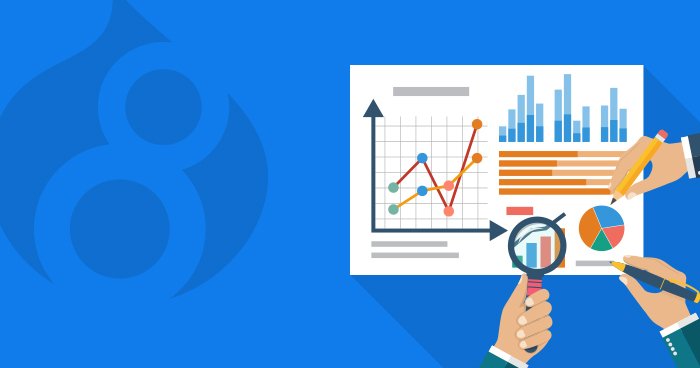When you’re working in digital marketing, one of the most important tools at your disposal is Google Analytics.
This free tool provides detailed data on website traffic and can help you to optimize your website and marketing campaigns.
But there are some types of data that Google analytics prohibits collecting.
In this post, we’ll take a look at what these prohibited data points are and how they can impact your marketing efforts.
Also Read: 10 Free Social Media Automation Management Tools for 2021
Keep in mind that Google may change its policies at any time, so be sure to check the latest guidelines before you start collecting data.
Personally identifiable information (PII)
The Google Analytics terms of service prohibit collecting Personally Identifiable Information (PII) by Google Analytics. PII consists of every information that can be used to identify an individual, including names, billing information and email addresses—this is due to protecting user’s privacy.
Why is this information prohibited
PII, or personally identifiable information, is a kind of data that can be used to identify an individual. Because this data can be easily stolen or accessed without authorization, it is prohibited from being stored or transmitted in most digital channels.
By understanding the risks of PII and following best practices for its protection, marketers can help keep their customers’ information safe.
Google Analytics would like to eradicate data leakage and disclosure of personal user’s details.
By limiting the collection of personally identifiable information, they eliminate any risk that attackers will learn how a specific person uses their website which is an abuse in itself as well as limit access by advertisers or those who have been hacked previously with sensitive credit card numbers among other things at stake here so it’s not just about your privacy but also ours too!
According to Google Analytics, if you provide them with all of your personal details they will be able to avoid data leakage and maintain privacy.

